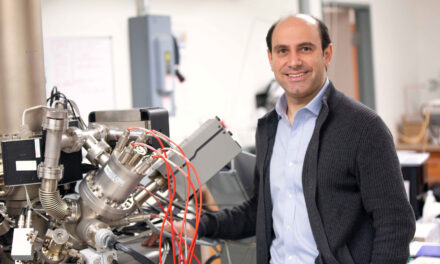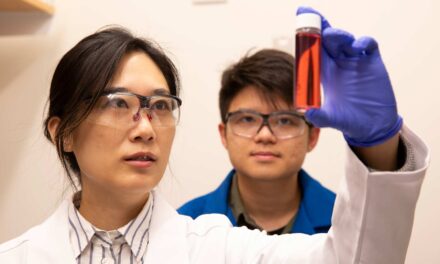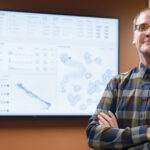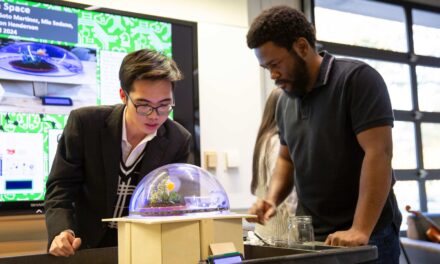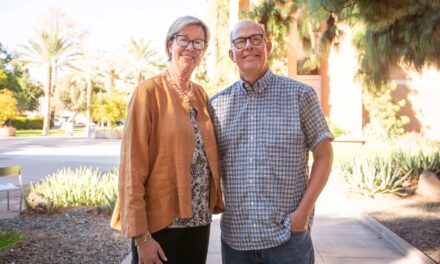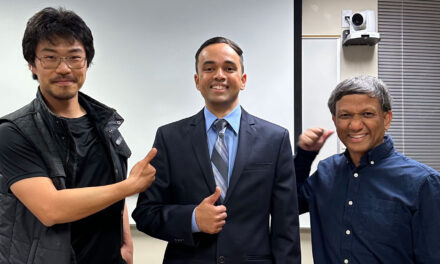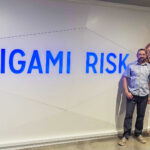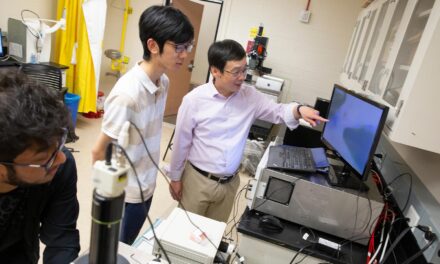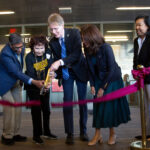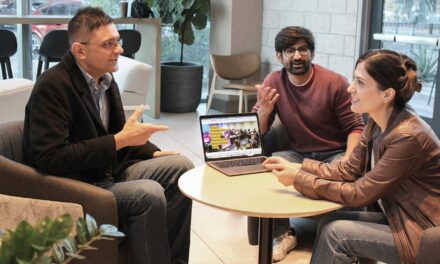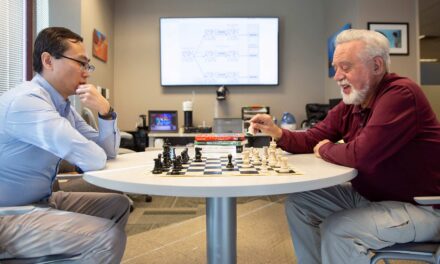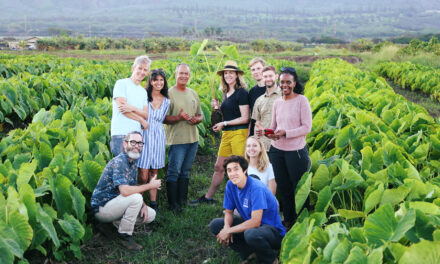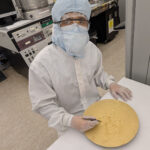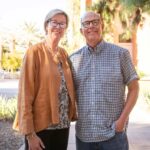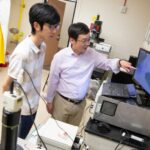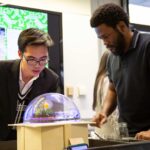
Innovative teaching earns Chester place at prominent national symposium
Posted Oct. 22, 2013
Mikhail Chester is among young faculty members from across the country selected to participate in the National Academy of Engineering’s (NAE) Frontiers of Engineering Education symposium Oct. 27-30 in Irvine, Calif.
Chester is an assistant professor in the School of Sustainable Engineering and the Build Environment, one of the Ira A. Fulton Schools of Engineering at Arizona State University. He also is on the faculty of ASU’s School of Sustainability.
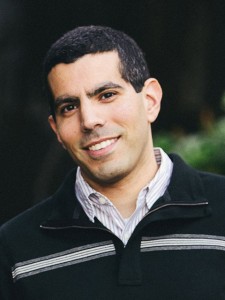
Assistant professor Mikhail Chester is devising creative ways to teach students about sustainable development and urban infrastructure.
He is one of 73 educators selected from among a large pool of candidates nominated by deans of engineering schools and colleges, as well as members of the national academy, for their innovative approaches to teaching.
“Collaborations among these education experts are vital to developing new teaching practices for all engineering faculty who will prepare engineering students for the problems of our time,” says Dan Mote, president of the NAE.
“Through this forum our engineering faculty are empowered to create the conditions to meaningfully engage engineering students in innovation and entrepreneurship to meet 21st century challenges and are encouraged to be agents of change at their home institutions,” says Stephen W. Director, provost and senior vice president for academic affairs at Northeastern University, who chairs the event’s advisory committee.
Chester will give a presentation at the symposium about training ASU students to recognize sustainable infrastructure and how to transition existing infrastructure for future uses.
He is doing the work with ASU colleague Kristin Parrish, an assistant professor in the Del E. Webb School of Construction Programs. Their project is supported by a grant they were recently awarded by the National Science Foundation.
Chester has taught courses in transportation systems planning, urban infrastructure anatomy, sustainable development and life-cycle assessment for civil infrastructure systems.
Chester often uses real-life engineering challenges to teach his students. They have studied water needs in Phoenix and explored how to meet future needs without a major impact on energy consumption. They’ve also studied how neighborhoods could be designed effectively around Phoenix’s light rail system.
Prior to joining ASU, Chester earned his doctoral degree in civil and environmental engineering in 2008 from the University of California, Berkeley. He later taught at Berkeley.
Earlier he had earned a master’s degree in civil and environmental engineering at Berkeley and another in civil infrastructure systems from Carnegie Mellon University. He earned his undergraduate degrees at Carnegie Mellon, majoring in both civil and environmental engineering and in engineering and public policy.
Written by Aimey Doolittle and Joe Kullman
Media Contact:
Joe Kullman, [email protected]
(480) 965-8122
Ira A. Fulton Schools of Engineering


